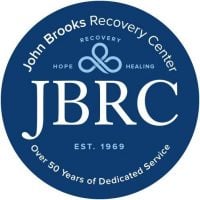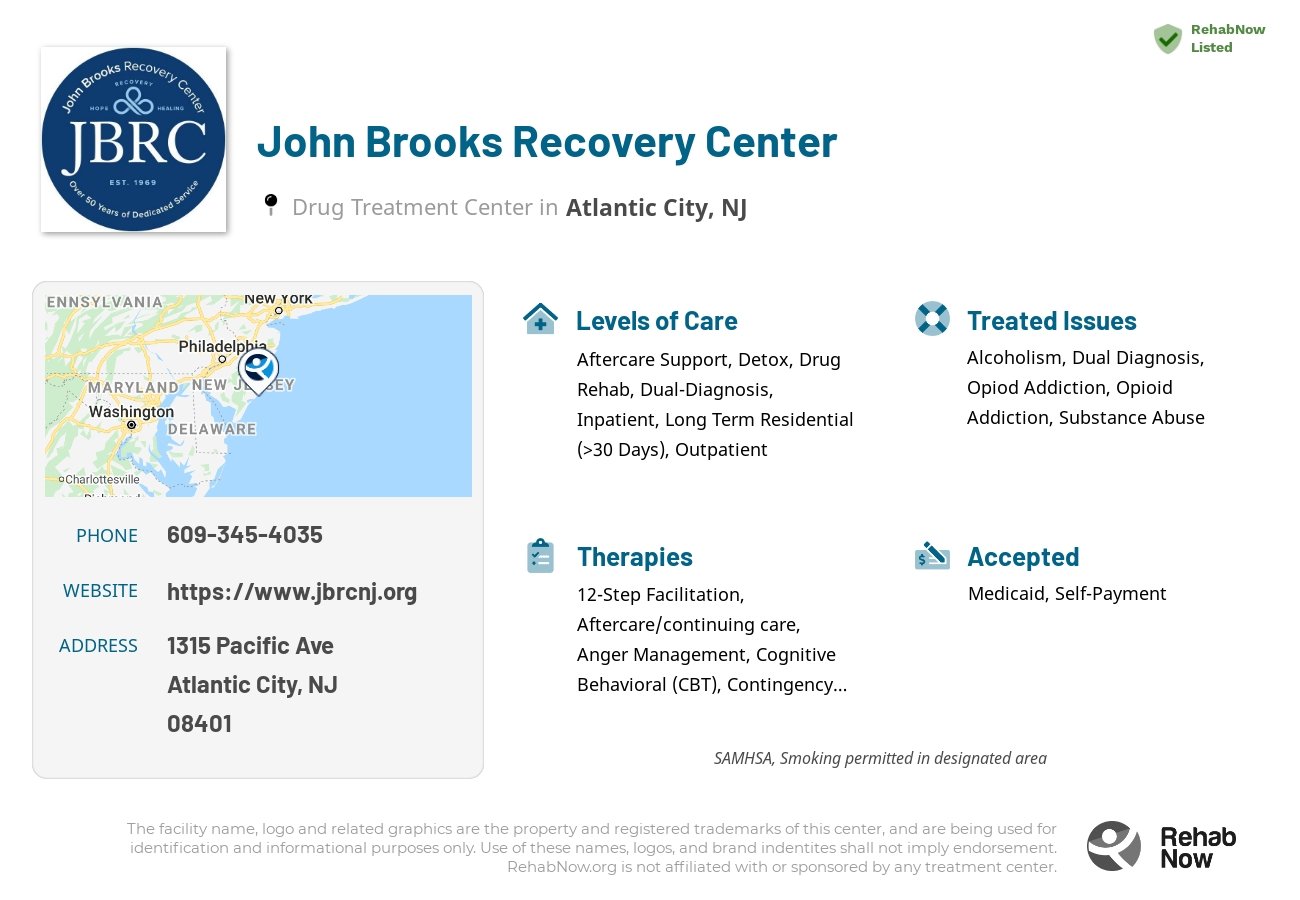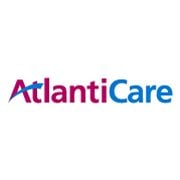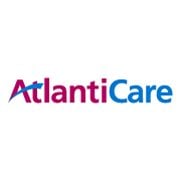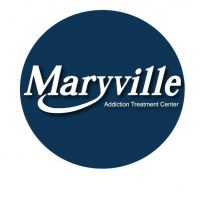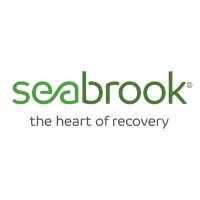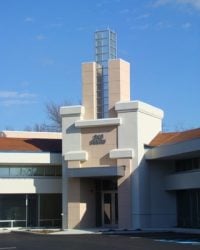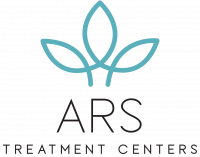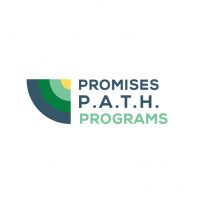John Brooks Recovery Center
Drug Rehab Center in Atlantic City, New Jersey
The John Brooks Recovery Center, founded in 1969, is an accredited addiction treatment facility in Atlantic City, New Jersey that offers a range of services, including aftercare support, detox, drug rehab, and dual-diagnosis to treat patients for alcoholism, opioid addiction, dual diagnosis, and substance abuse at inpatient, outpatient, and residential levels of care, with private health insurance accepted.
About This Atlantic City, NJ Facility
John Brooks Recovery Center (JBRC), founded in 1969 in Atlantic City, New Jersey, is a mental health and substance use disorder treatment facility. JBRC provides comprehensive outpatient care for individuals struggling with addiction and mental health issues.
JBRC focuses on treating alcohol and drug addiction, compulsive gambling, and mental health disorders such as depression and anxiety in children, teens, and adults.
Treatment at JBRC includes individual therapy, group therapy, psychiatric care, and relapse prevention. They offer outpatient, mental health counseling, and medication management services. JBRC is accredited by SAMHSA.
- Individualized treatment plans tailored to each person's unique needs
- Dual diagnosis treatment for individuals with co-occurring mental health and substance use disorders
- Family therapy to support the recovery process
- Aftercare support to ensure long-term success in maintaining sobriety
New Jersey faces a significant opioid addiction crisis. JBRC helps combat this issue by providing specialized treatment for opioid addiction, including detoxification and medication-assisted treatment.
JBRC is ideal for individuals seeking comprehensive, personalized treatment for addiction and mental health disorders in an outpatient setting.
Genders
Ages
Modality
Additional
Accreditations
SAMHSA
Conditions and Issues Treated
Substance abuse is the excessive use of any type of drug. This includes alcohol, medications and illegal drugs. Substance abuse is treated with a combination of physical and mental treatments. John Brooks Recovery Center patients detox and follow up with therapies that target the underlying cause of the addiction.
Opioid addiction is one of New Jersey‘s most prominent forms of addiction. Drugs, including heroin, oxycontin, and fentanyl, are the most common. To relieve pain, or ease other ailments, they are professionally prescribed, but they are often abused because they and the feelings they give are addictive.
Addiction is treated by detoxifying the body, so the medications’ chemicals are no longer impacting the individual. John Brooks Recovery Center offers therapies to correct behavior and target the root of the problem are supplemented during and throughout treatment.
Some of the most common co-occurring disorders are schizophrenia, depression, and bipolar disorder. Most rehab facilities in Atlantic City, NJ like John Brooks Recovery Center provide patients with a dual diagnosis. Dual diagnosis gives rehab the means to treat addiction while restoring mental and emotional health.
Levels of Care Offered
This center offers a variety of custom treatment tailored to individual recovery. Currently available are Aftercare Support, Detox, Drug Rehab, Dual-Diagnosis, Inpatient, Outpatient, Residential, with additional therapies available as listed below.
Detox treatment begins when the patient leaves their surroundings of family and friends, which is usually when they are most vulnerable. Being in a safe environment surrounded by medical professionals provides them with the safety net many of them need to get over their addiction. With kind and caring staff members, patients can feel relaxed, and they will need to start by admitting that they have a problem in order to get better.
If a person goes through detox treatment, they will understand their addiction better, and they won’t want to relapse and lose all the benefits of sobriety. They can see the effects of using drugs and how it makes them feel, which will make them want to quit their addiction.
Drug detox is vital to the recovery process, and it ensures that a patient will be in a safe environment during their withdrawal.
An inpatient is a person who stays in a hospital or rehab center during treatment. For alcohol- and drug-dependent individuals, inpatient rehabs provide individualized around-the-clock services. Inpatient treatment programs address a person’s unique physical, medical, and psychological needs. A team of experts assess the severity of the addiction and design a highly tailored program. typically, the length of stay in an inpatient facility in Atlantic City, NJ is 30 days. Those with severe addiction may need to stay at the facility for 60 to 90 days.
Outpatient rehabilitation is a treatment that exists if a patient is not checking into John Brooks Recovery Center long term. In addition to helping them recover, the patient attends regular therapy sessions and detox and participates in other therapies. However, this is all primarily done from home. As a follow-up to inpatient treatment, outpatient treatment is usually recommended.
After rehabilitation, it helps people return to their everyday lives. It may also be an alternative to inpatient care in some situations. If they cannot leave their jobs, children, or don’t have the money for inpatient care, people can choose this method. Inpatient therapy, however, is the best method and most suggested level of treatment offered by John Brooks Recovery Center in recovering from addiction.
Residential treatment programs are those that offer housing and meals in addition to substance abuse treatment. Rehab facilities that offer residential treatment allow patients to focus solely on recovery, in an environment totally separate from their lives. Some rehab centers specialize in short-term residential treatment (a few days to a week or two), while others solely provide treatment on a long-term basis (several weeks to months). Some offer both, and tailor treatment to the patient’s individual requirements.
John Brooks Recovery Center‘s Therapies & Programs
Customized individual therapy is counseling involving you and your counselor at John Brooks Recovery Center. This builds a personal and trusting relationship so you can truly be yourself and express any emotions as you feel them. Individual therapy leads to greater peace and understanding about your triggers for addiction and coping strategies to prevent relapse.
Substance abuse does a number on an individual’s relationship with other people, particularly in marriage. Spousal relationships bear the brunt of alcohol and drug dependence. Therefore, it becomes critical to submit the relationship to couples therapy to prevent straining it further. Most programs only zero in on the individual with substance addiction without factoring in the importance of the other half’s emotional support.
However, some facilities, like John Brooks Recovery Center in Atlantic City, New Jersey, offer couples therapy options to manage intimate partnerships amid the recovery process. Other couples-focused treatment plans can provide the patient and their partner tools to get things back to normal, support each other, and the patient’s sobriety.Group Therapy is a type of counseling that occurs between a bunch of strangers. These groups are suitable for patients who are not confined in a treatment facility, but group sessions are also common in inpatient rehab programs. Group therapy is led by a trained individual at John Brooks Recovery Center in Atlantic City, NJ and consists of members from different stages of recovery.
The goal of group therapy sessions is to foster hope and a sense of belonging, share information, and learn coping mechanisms. It also helps to have people who can relate to what you’re going through. Good behaviors can also be contagious, and participants can learn from one another.
Unresolved trauma is often a key reason why many patients resorted to substance abuse. Trauma could be physical abuse, sexual abuse, war, natural disasters, divorce, accident, loss of a loved one, etc. If trauma is the primary cause of substance abuse, then both issues must be addressed.
Cognitive Behavioral Therapy (CBT) is an approach and method in psychotherapy. John Brooks Recovery Center asks people to investigate how their thoughts, including habitual, negative, and inaccurate ways of thinking affect behaviors. CBT is based on the idea that rigid, inflexible ways of thinking cause people to have a limited ability to cope with stress
Rational Emotional Behavior Therapy (REBT) is a method of specific counseling that replaces negative and self-limiting thoughts with positive and productive behaviors. Self-defeating thoughts and habits can limit your possible successes. Some examples of this are procrastination, unhealthy eating and angry outbursts. You may not be aware that some unhealthy behaviors and thoughts are sabotaging your potential accomplishments.
The 12-step program is a part of substance abuse treatment offered at John Brooks Recovery Center. It was initially developed by the founders of Alcoholics anonymous. The program provides the benefit of cognitive restructuring. It refers to the process of change in the negative thoughts that leads to long-term benefits.
Some people refer to contingency management, or CM, as motivational incentives. This type of therapy is a reconditioning of the mind and responses of the body. The point of CM is to help the body understand the proper responses to behaviors should be, as well as the effects that come with both problematic and desired behaviors. The more positive choices a person makes, the more incentives they will receive, all managed with sobriety goals by John Brooks Recovery Center in Atlantic City, NJ.
Payment Options Accepted
For specific insurance or payment methods please contact us.
Is your insurance accepted?
Ask an expert, call (888) 674-0062
Additional Details
Specifics, location, and helpful extra information.
Atlantic City, New Jersey 8401 Phone Number(609) 345-4035 Meta DetailsUpdated April 15, 2024
Staff Verified
Patient Reviews
There are no reviews yet. Be the first one to write one.
Atlantic City, New Jersey Addiction Information
The state of New Jersey is afflicted by the rising opioid overdose crisis and the increase in the number of residents engaging in illegal substance abuse. 90% of the 2,900 drug overdose deaths in New Jersey involved opioids in 2018. Over 1.1 million New Jersey residents reportedly use drugs in a given year. High prevalence of drug and alcohol abuse caused 14% of all deaths in the state between 2008 and 2017.
In Atlantic City, the number of drug-related deaths among people aged 25-34 has increased by 400% since 2003. In addition, the rates of alcohol abuse and binge drinking are also high in Atlantic City. 36% of residents said they knew someone who had died from a drug overdose. There are high levels of poverty and unemployment, which can lead people to turn to drugs.
Treatment in Nearby Cities
- Voorhees, NJ (44.3 mi.)
- Teaneck, NJ (108.2 mi.)
- Villas, NJ (36.4 mi.)
- Holmdel, NJ (69.3 mi.)
- Bound Brook, NJ (83.7 mi.)
Centers near John Brooks Recovery Center
The facility name, logo and brand are the property and registered trademarks of John Brooks Recovery Center, and are being used for identification and informational purposes only. Use of these names, logos and brands shall not imply endorsement. RehabNow.org is not affiliated with or sponsored by John Brooks Recovery Center.
